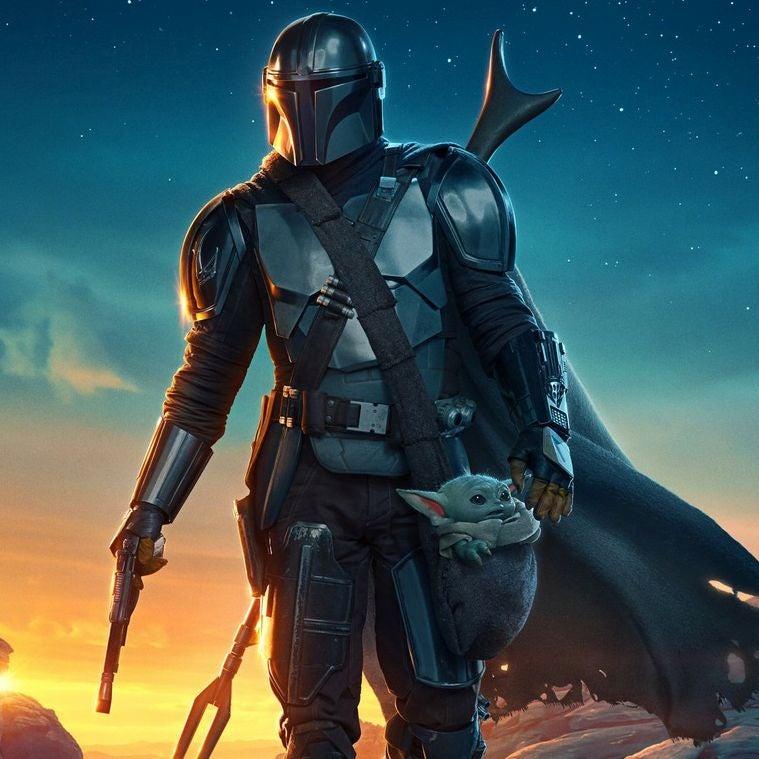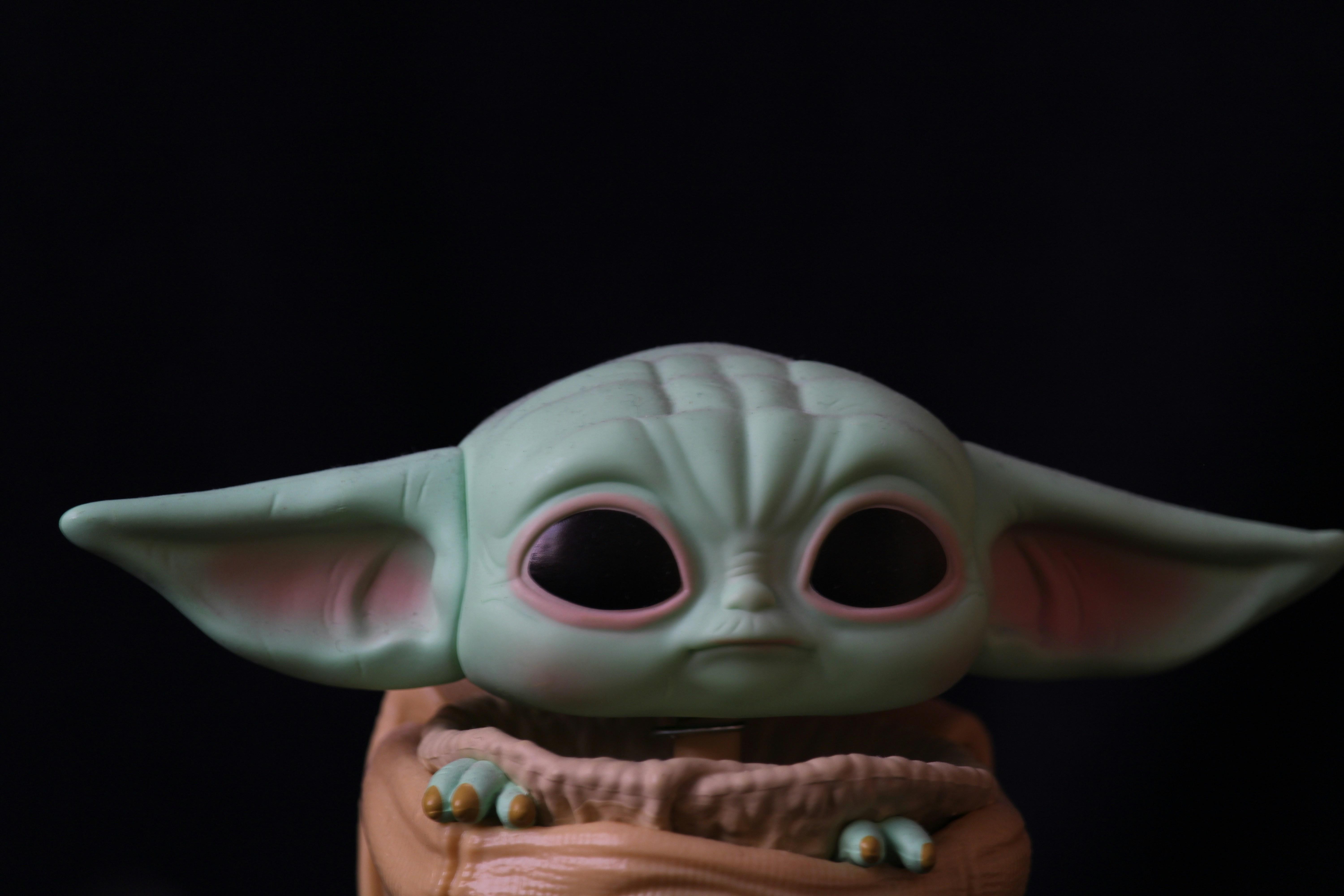In the ever-evolving landscape of modern science fiction, where technological marvels and intergalactic odysseys dominate the narrative, “The Mandalorian” has emerged as a compelling testament to the enduring allure of Western themes. This critically acclaimed series, set within the expansive Star Wars universe, masterfully intertwines the rugged ethos of the Old West with the imaginative breadth of a futuristic realm. As audiences traverse the arid terrains and lawless frontiers of distant planets, they are drawn into a narrative tapestry rich with motifs of solitude, honor, and survival that harken back to classic Western cinema. This article explores how “The Mandalorian” revitalizes these age-old themes, examining its impact on the genre and its ability to resonate with contemporary viewers, all while maintaining a distinctive identity within the broader tapestry of science fiction storytelling.
Cinematic Parallels Between The Mandalorian and Classic Westerns
The intricate dance between The Mandalorian and classic Westerns is not merely a nod to nostalgia but a profound exploration of timeless themes. Both genres craft narratives around solitary figures navigating lawless frontiers. In The Mandalorian, the titular character’s journey mirrors that of the archetypal gunslinger, moving from town to town, facing moral dilemmas, and often finding himself in the midst of a battle between good and evil. This echoes the lone cowboy trope, where personal codes of honor often override societal laws.
- Lawlessness and Order: Both genres thrive in environments where established laws are sparse, allowing for a focus on individual justice.
- Frontier Exploration: The expansive deserts of the American West find their sci-fi counterpart in the barren planets and vast space of the Star Wars universe.
- Iconic Showdowns: The tense standoffs and duels are pivotal, with each gunfight or lightsaber duel reminiscent of high-noon showdowns.
- Rugged Individualism: The protagonist’s journey in both settings emphasizes self-reliance and the search for identity amidst chaos.
While The Mandalorian operates within a galaxy filled with advanced technology, it remains deeply rooted in the ethos of the Western genre. This seamless blend not only revitalizes classic themes but also introduces them to a new generation, ensuring their relevance in a modern context.

Analyzing Character Archetypes: From Lone Gunslinger to Reluctant Hero
In the realm of storytelling, certain character archetypes transcend genres, resonating deeply with audiences across generations. The Mandalorian expertly intertwines the classic Western archetypes with its sci-fi setting, breathing new life into familiar roles. The series’ protagonist, Din Djarin, embodies the Lone Gunslinger, a figure characterized by independence, mystery, and a strict personal code. His journey across the galaxy mirrors the wandering cowboys of old, who roamed the Wild West, seeking justice and personal redemption in a lawless land.
- Lone Gunslinger: Defined by solitude, a personal moral compass, and often a complicated past.
- Reluctant Hero: A character thrust into a role of significance, often against their will, who must rise to the occasion.
As the series progresses, Din Djarin evolves into the Reluctant Hero, a transformation catalyzed by his unexpected guardianship of Grogu. This shift adds depth to his character, illustrating the internal conflict between his ingrained solitary nature and newfound responsibilities. The Mandalorian’s portrayal of these archetypes is a testament to the timeless appeal of Western motifs, skillfully adapted to the expansive canvas of a futuristic universe.

The Role of Landscape and Setting in Creating a Western Aesthetic
In “The Mandalorian,” the landscape and setting play a pivotal role in shaping its distinctive Western aesthetic, seamlessly blending classic motifs with a futuristic twist. The expansive desert planets, reminiscent of the American Southwest, serve as a backdrop for tales of adventure and solitude. These barren, sun-drenched vistas are not just visual treats but narrative tools that emphasize themes of isolation and survival, echoing the lonely journeys of gunslingers in traditional Westerns. The series makes effective use of these environments to underscore the vastness and lawlessness of its universe, where danger lurks in every shadow.
- Desolate Towns: The small, isolated settlements echo the ghost towns of old Western films, offering a sense of frontier justice and untamed wilderness.
- Endless Horizons: The sweeping horizons and open skies create a feeling of boundless possibilities and imminent threats, integral to the Western narrative.
- Rugged Terrain: The harsh landscapes challenge characters, reflecting their inner struggles and the rugged determination required to navigate such worlds.
Through these settings, “The Mandalorian” not only pays homage to the Western genre but also reimagines it within the context of a galaxy far, far away, making the series both a nostalgic nod and a fresh exploration of genre storytelling.

Reviving Western Morality: Ethical Dilemmas in a Sci-Fi Universe
The Mandalorian ingeniously navigates the ethical complexities of a lawless universe, echoing the moral quandaries faced by the lone gunslingers of classic Westerns. In a galaxy where the lines between right and wrong blur, the titular character, Din Djarin, must grapple with choices that challenge his personal code of honor. These dilemmas often mirror the rugged individualism and moral ambiguity that defined Western heroes, compelling viewers to question the nature of justice and redemption in a chaotic world.
- Moral Ambiguity: Much like the solitary cowboys of the Old West, the Mandalorian operates in a realm where traditional legal structures have collapsed, forcing him to rely on his own ethical compass.
- Redemption and Honor: The series explores themes of redemption as the protagonist frequently encounters situations that test his loyalty and integrity, drawing parallels to the classic Western motif of the flawed hero seeking redemption.
- Community vs. Individualism: While the Mandalorian often acts alone, the narrative highlights the tension between self-reliance and the need for community, a staple conflict in Western storytelling.
In its portrayal of these ethical dilemmas, The Mandalorian not only revives Western themes but also challenges contemporary audiences to reflect on their own moral beliefs within the context of a futuristic universe.
